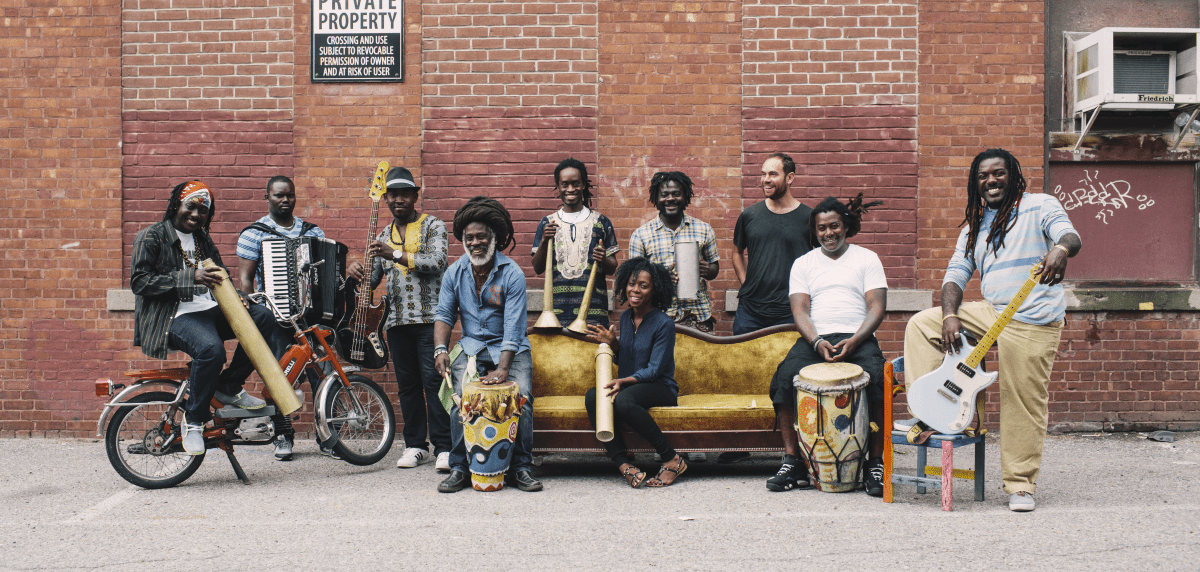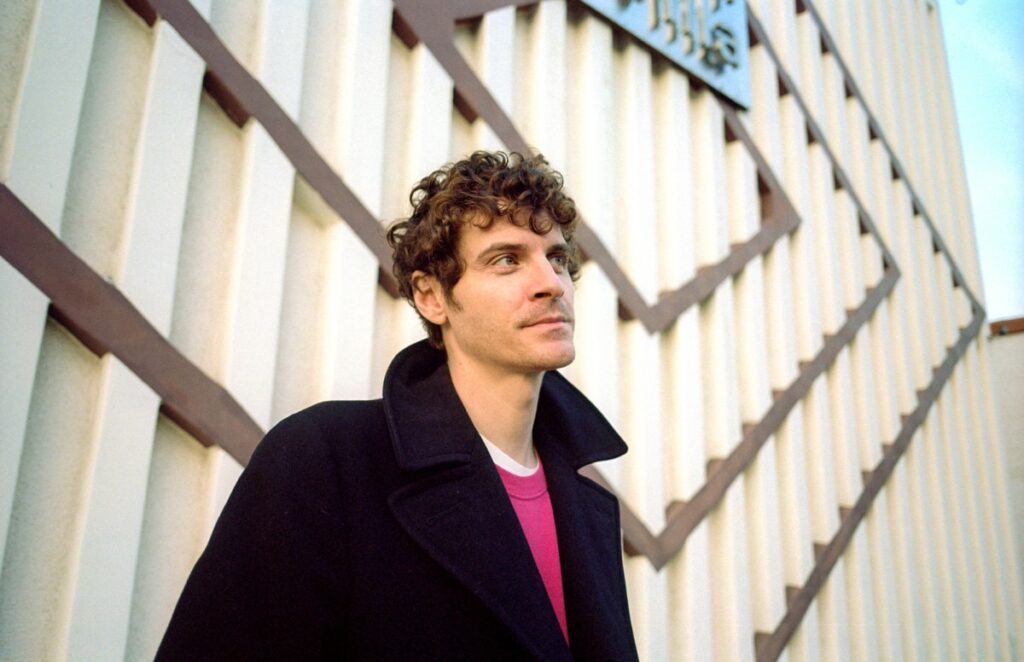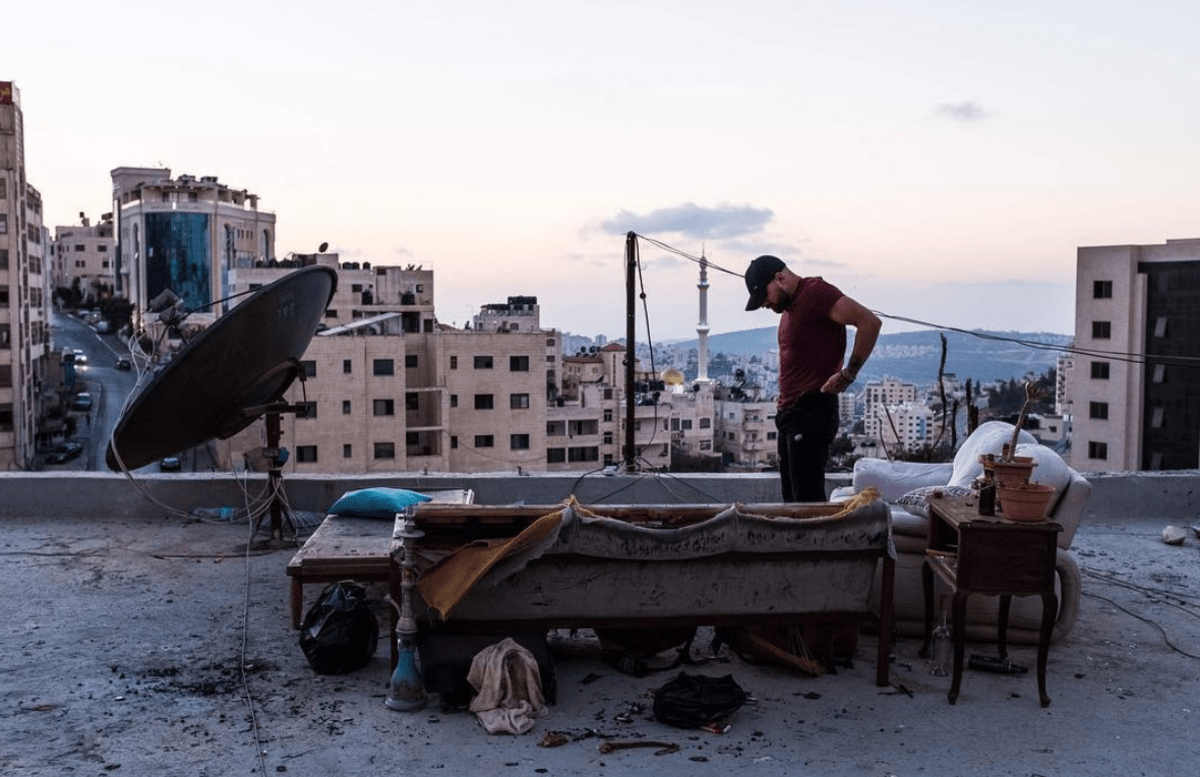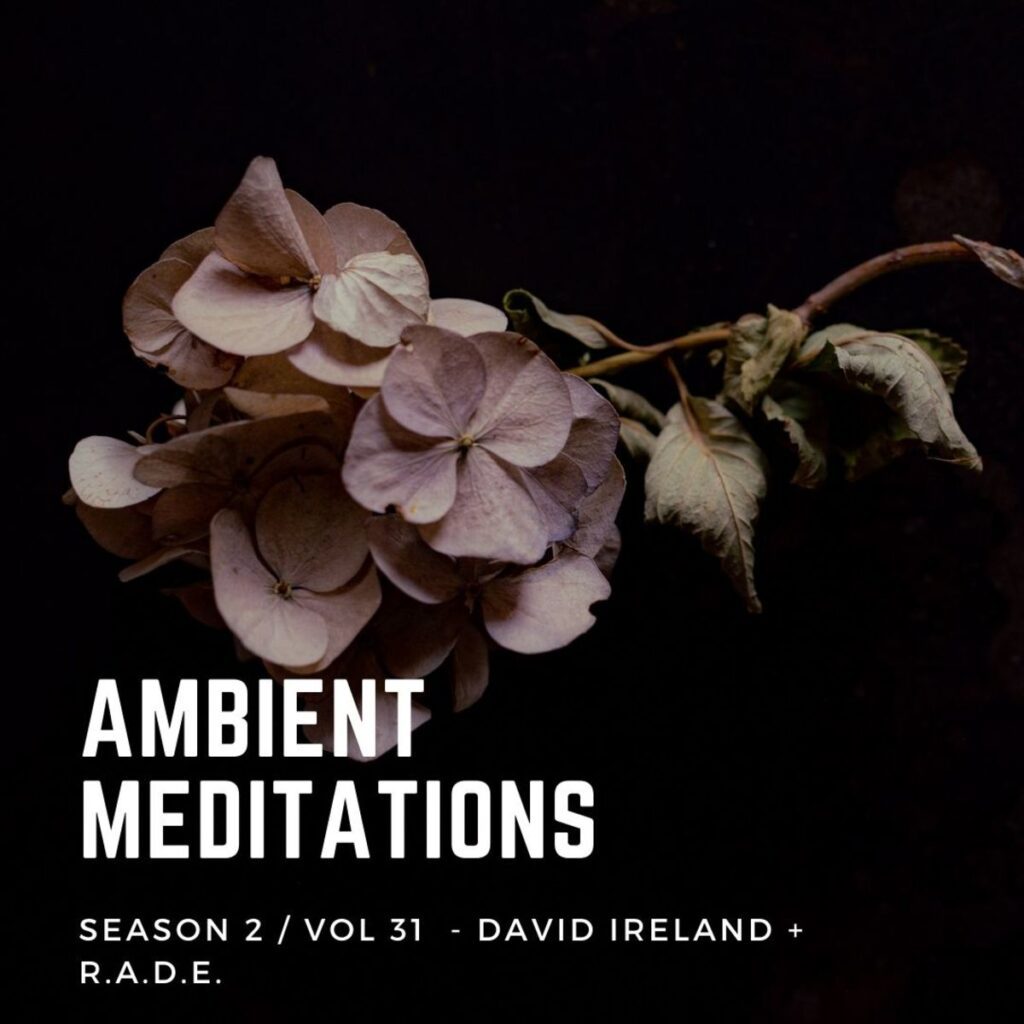Joseph Ray & Haitian band Lakou Mizik released their new project Leave The Bones last week. The pairing of a former member of dubstep trio Nero and a noted Haitian band may not be totally obvious, but it was something slowly brewing over the past six years.
Ray was drawn to Mizik back in 2015 when he arrived in Haiti to volunteer to teach a course at Haiti’s only music production and audio engineering school, The Artist's Institute. He heard the group at a tiny beach side club in Jakmel and eventually they connected and this collaboration came to life.
Lakou Mizik is a nine-piece band formed in 2010. The group is helmed by Sanba Zao, one of 10 original Sanba poets left, and an integral part of the 1980’s rasin (racine in French) movement that sought to re-imagine traditional Haitian Vodou music through experimentation with modern instruments.
Ray had to adapt to the type of music that Lakou Mizik create. This isn’t four-on-the-floor dance music. He had to adapt to Lakou’s complex drum patterns, adding in 1930s field recordings from ethnomusicologist Alan Lomax and replacing synth sounds with Mbrias and conch shell samples. There are soothing electronics that whisper, fade in and out from the project, but it is primarily a showcase for the Haitian band.
Leave The Bones comes with very different levels of energy. “No Rival!” a frenetic and uptempo track, channel the Haitian style of music Rara, with drums and horns reaching a fever pitch, while the two subsequent tracks “Ogou (Pran Ka Mwen)” and “Zeb Atè” are slower and more meditative.
To get a better picture of how this came together, Ray breaks down the meaning behind each of the songs in a new Director’s Cut feature. The songs are sung in Creole, so some may not understand everything, but Ray provides some musical background on overarching themes and the styles that the band is drawing on. Get your copy now via Anjuadeep.
In light of the recent earthquake that has devastated Haiti, the band will be raise money for The Artists Institute with each music video they release. The next video will arrive on August 24. A GoFundMe For the Institute can be found here.
1. Sanba Yo Pran Pale // The Poets Speak
The Sanbas are the poets and keepers of Haitian history and culture. They pass on their wisdom through song and story. “Sanba Yo Pran Pale” is an invitation to the Sanbas to speak their truth whilst paying respect to the vodou “Lwa” or spirits.
2. Kite Zo A // Leave the Bones
An impassioned protest song that calls on “Papa Legba,” the gatekeeper who stands guard at the crossroads between the spiritual and the real, “Kite Zo A” defiantly challenges the régime of Baby Doc Duvalier.
The lyrics “Manje Vyan nan Kite Zo A” express that while Duvalier may try to destroy the country by taking away freedoms and pleasure of daily life (i.e the “meat”), he cannot kill the spirit and soul of the Haitian people – the “bones.”
3. Night Drums
On any given night in the Haitian countryside you can hear the echoing of tanbours rise above the din of the ocean, barking dogs and crackling radios. “Night Drums” pays homage to the coursing, rhythmic heart of Haiti.
4. Lamizè Pa Dous // Sadness Isn’t Sweet
“Lamizè Pa Dous” focuses on one woman’s search for support and meaning. Singing the words “misery is not sweet,” she is pleading with her friends, her community, and the angels to help her get to a better place. Beautiful yet brutally sad, the eventual lyrics “Bondyè rele’m m prale” signal that it is too much and she has given up – “God is calling me and I’m going to go.”
5. No Rival!
Rara, the music of the Haitian streets, sees bands of frenetic drums and chorused one-note horns march through the towns, crowds in tow. Full of swagger and fueled by local rum, the bands boast and toast and try to outdo one another. “No Rival!” plants a flag in the ground – “Listen up! There’s no better band than Lakou Mizik!”
6. Ogou (Pran Ka Mwen) // Ogou (Take care of me)
“Ogou” is the Vodou spirit of Iron and War. A Vodou follower asks for protection from the brutality of life’s daily battles – “Ogou, you brought me here, take care of me.”
7. Zeb Atè // Grass of the Earth
“I am like a blade of grass growing in the ground. They don’t know what's in my heart and they don’t know what I will become.” A lament and a warning, “Zeb Atè” says do not underestimate those who seem so easy to walk upon.
8. Bade Zile // Under The Island
A traditional Vodou spiritual song, “Bade Zile” references a mystical place of spirits under the island of Hispaniola, which is home to both Haiti and the Dominican Republic.
9. Nou Tout Se Moun // We Are All People
Expressing the interconnectedness of all people regardless of religion, background, nationality or class, ‘Nou Tout Se Moun’ asserts that we are all one people on this earth and we must take care of one another to survive.
10. Boukman O’
A traditional song “Boukman O’’ pays homage to “Dutty Boukman,” the Vodou Houngan or priest that presided over the ceremony that many say ignited the Haitian Revolution.
11. Simbi Nan Dlo // Simbi In the Water
In Haitian tradition, “Simbi” are a family of serpent water spirits who connect God with the natural world. “Simbi Nan Dlo” emphasizes that as the entire world is physically connected through water, it is similarly joined via the interconnection of people and their omnipresent spirit.










